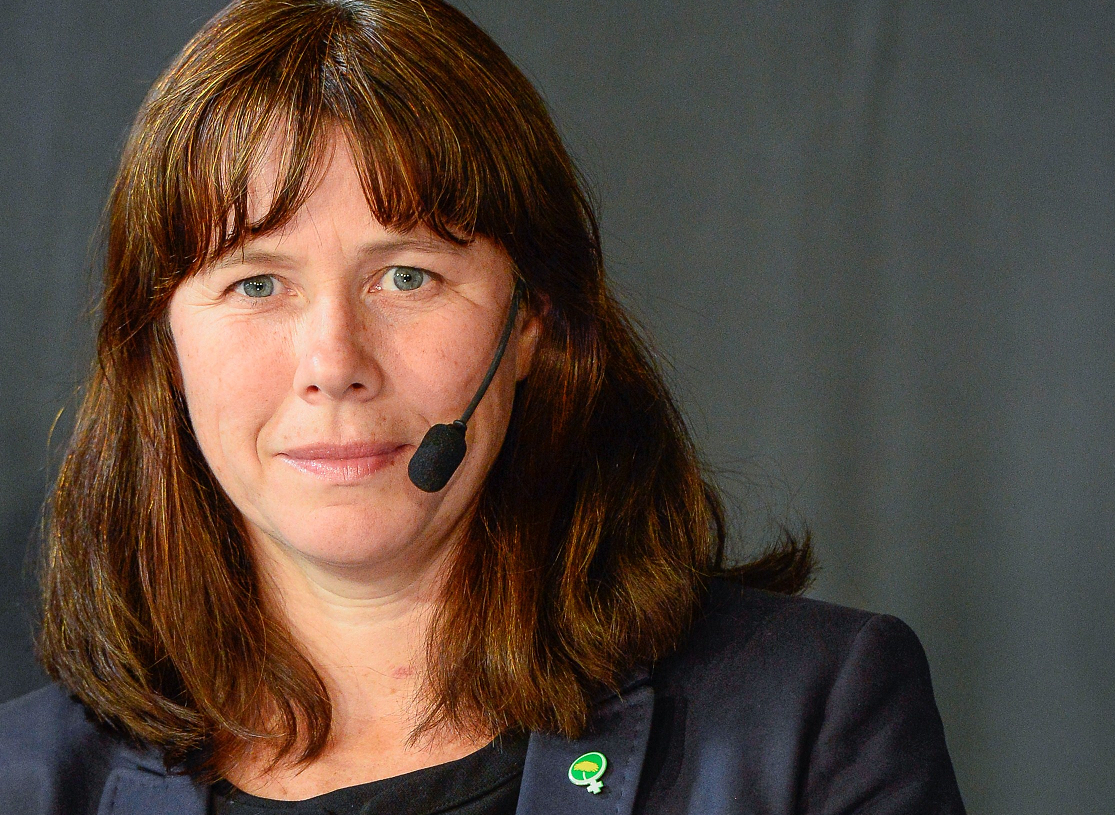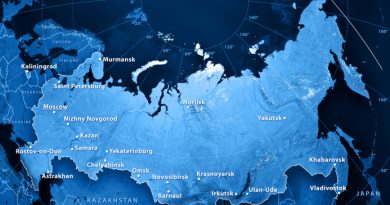Sweden could lead way on climate: environment minister

As the IPCC releases its latest report, Sweden’s environment minister and vice prime minister Åsa Romson says Sweden could lead the way in cutting carbon and mitigating climate change.
Released in Copenhagen on Sunday by the UN’s Intergovernmental Panel on Climate Change (IPCC), the report is the work of thousands of scientists and was agreed after negotiations by the governments around the world. It warns that climate change is set to inflict “severe, widespread, and irreversible impacts” on people and the planet unless carbon emissions are cut sharply and rapidly.
The report is the Panel’s concluding assessment of global warming and while it paints a pretty dire picture, the report authors also offer a glimmer of hope. They say there is still a chance to halt the negative developments and to reduce emissions to the level required for meeting the two-degree target.
That target involves avoiding global temperature increases of over two degrees Celsius. It can be achieved by cutting carbon emissions by 40 percent by 2050, scientists say.
Responsibility of governments and businesses: Romson
Speaking to Radio Sweden, Sweden’s environment minister and vice prime minister Åsa Romson said it is up to governments as well as businesses and individuals to take responsibility for curbing climate change.
Romson said: “This will be gradual. We need to take the next step and always make sure that we take that step in the phase that is possible. As a green politician, of course, I’m in a hurry. I really see the need for catching up on climate policy, but I also see the big possibilities. In the Swedish society there are huge potentials for cutting emissions in the short and long terms and for doing the necessary investments.”
UN secretary general, Ban Ki-moon, called for swift action on climate change at the report release. “Many tools and technologies are already available,” he said. “Renewable energy sources are increasingly economically competitive. Energy efficiency has long since proven its value. Action on climate change can contribute to economic prosperity, better health and more livable cities.”
Change still possible
Richard Kline of the Stockholm Environment Institute contributed to the IPCC report, which is the fifth in a series that looks at the roots, impacts and solutions to climate change. Kline told Radio Sweden that human activity is the primary cause of climate change, but that we can still avoid most of the negative impact.
Kline said. “We are more certain now that climate change is happening and that humans are responsible, but there will always be uncertainties, for example if you zoom into particular regions or look at particular sectors or if you go further into the future.”
“If there were no uncertainties, then we wouldn’t have to do any further research. But let’s not fool ourselves. It’s not that there is uncertainty and therefore we can decide not to do anything. The uncertainty that existed perhaps 20 years ago around what is causing climate change and what the effect will be – much of that uncertainty is gone.”
According to Klein there are two types of actions that governments can take: reducing emissions and preparing for the inevitable impacts.
“Sweden will take responsibility as a country to cut climate emissions in poorer nations and to help with mitigation,” Romson said.
The deadline for a global deal is just over a year away. In September, 120 national leaders met at the UN in New York to address climate change, while hundreds of thousands demonstrated around the world, demanding action.
Related stories from around the North:
Canada: Melting Arctic ice called ‘economic time bomb,’ CBC News
Greenland: Greenland’s northeastern ice sheet starting to melt, Eye on the Arctic
Iceland: Acid Arctic Ocean and Russell Brand?, by Deutsche Welle’s Iceblogger
Norway: Emissions speeding up Arctic Ocean acidification, Alaska Dispatch
Russia: Melting permafrost eroding Siberian coasts, Deutsche Welle Ice-Blog
United States: Expert predicts ice-free Arctic by 2020 as UN releases climate report, Alaska Dispatch



